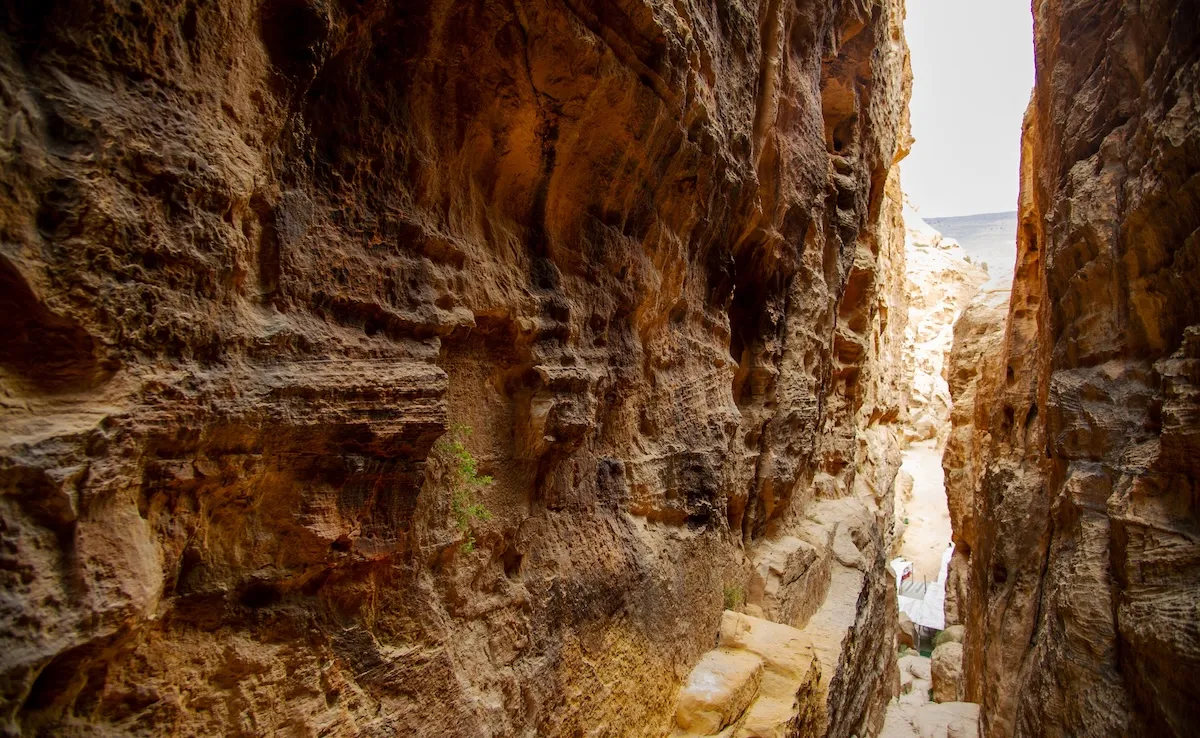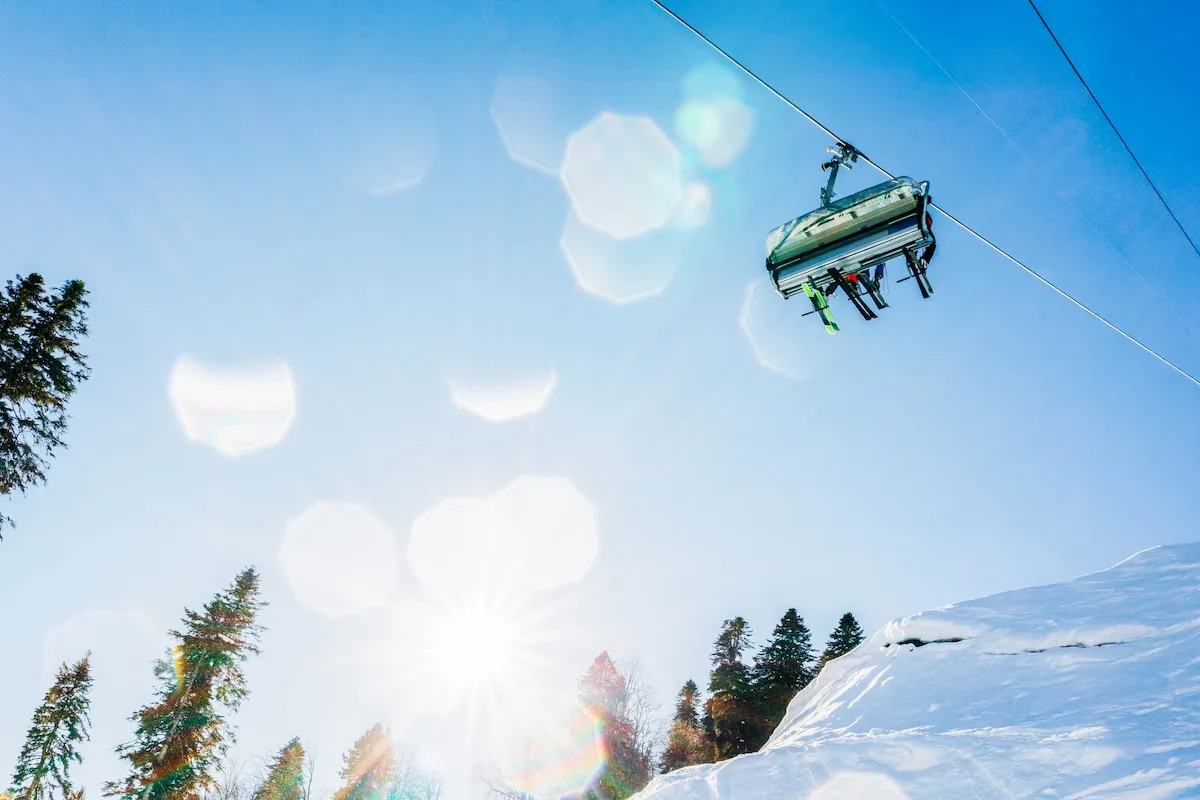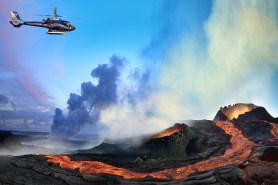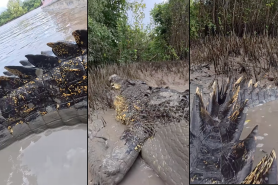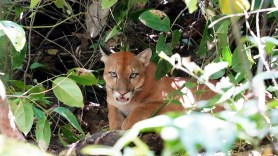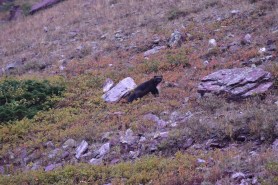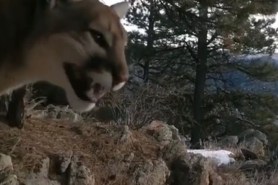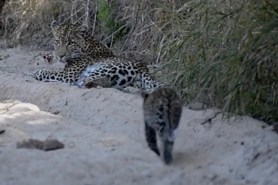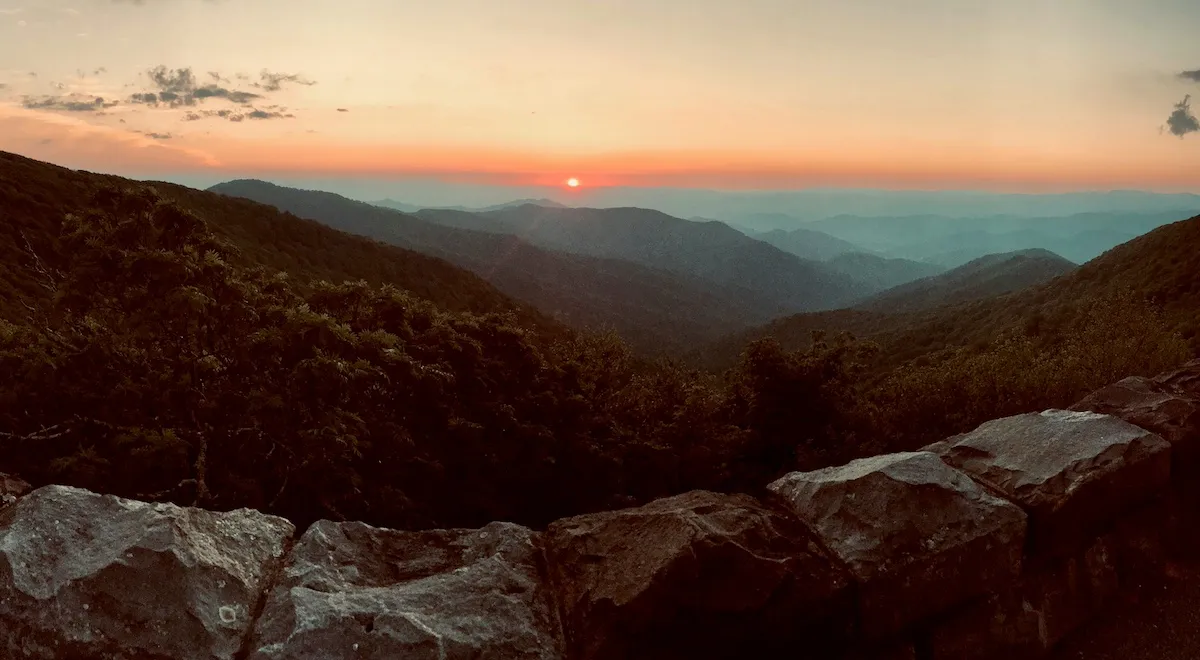

Let’s start with the real shockers: Yellowstone, Yosemite, and Zion don’t even break the top 10 in a new ranking of U.S. national parks. Can we even trust a list that puts these incredible places in the middle of the pack? We’ll let you decide.
Videos by Outdoors
In celebration of National Park Week 2024, an online travel guide company called Travel Lemming released its updated list of best U.S. national parks for 2024. The team calculated each park’s overall ranking based on its average ranking across seven categories: crowds, reviews, weather, affordability, jobs, accessibility, and biodiversity.
We’ll discuss more about methodology later. For now, let’s get to the rankings.
Travel Lemming’s Ranking of the U.S.’s 63 National Parks
- Shenandoah National Park
- Joshua Tree National Park
- Olympic National Park
- Great Smoky Mountains National Park
- North Cascades National Park
- Grand Canyon National Park
- Channel Islands National Park
- New River Gorge National Park
- Everglades National Park
- Redwood National Park
- Cuyahoga Valley National Park
- Saguaro National Park
- Big Bend National Park
- Hawai’i Volcanoes National Park
- Death Valley National Park
- Yellowstone National Park
- Mount Rainier National Park
- Zion National Park
- Kenai Fjords National Park
- Haleakalā National Park
- Capitol Reef National Park
- Sequoia National Park
- Yosemite National Park
- Grand Teton National Park
- Carlsbad Caverns National Park
- Canyonlands National Park
- Dry Tortugas National Park
- Biscayne National Park
- Indiana Dunes National Park
- White Sands National Park
- Pinnacles National Park
- Mammoth Cave National Park
- Arches National Park
- Rocky Mountain National Park
- Badlands National Park
- Congaree National Park
- Kings Canyon National Park
- Glacier Bay National Park and Preserve
- Lassen Volcanic National Park
- Bryce Canyon National Park
- Acadia National Park
- Crater Lake National Park
- Katmai National Park and Preserve
- Denali National Park and Preserve
- Petrified Forest National Park
- Glacier National Park
- Gateway Arch National Park
- Great Sand Dunes National Park and Preserve
- Hot Springs National Park
- Black Canyon of the Gunnison National Park
- Voyageurs National Park
- Guadalupe Mountains National Park
- Mesa Verde National Park
- Great Basin National Park
- Wrangell-St. Elias National Park and Preserve
- Lake Clark National Park and Preserve
- Isle Royale National Park
- Theodore Roosevelt National Park
- Virgin Islands National Park
- Wind Cave National Park
- American Samoa National Park
- Gates of the Arctic National Park and Preserve
- Kobuk Valley National Park
Where does your favorite park fall on the list?
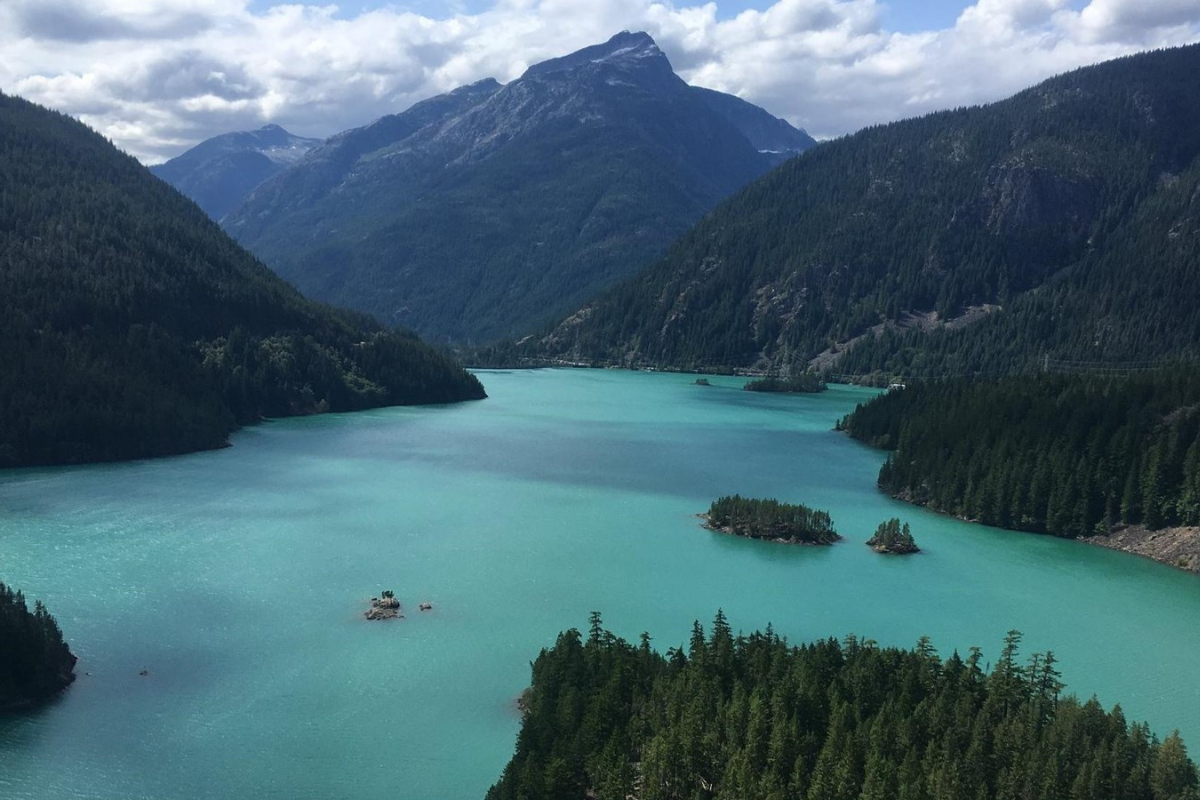
Methodology
Travel Lemming explains its methodology quite extensively, detailing all seven categories and how they calculated a score for each one.
For instance, they took into consideration how crowded parks are by dividing the total recreation visits in 2023 by the number of square acres. They determined a “reviews” ranking by taking the average user-review score from multiple sources, including Google, Yelp, and TripAdvisor.
They also considered average monthly temperature and precipitation, plus the likelihood for extreme weather to determine each park’s “weather” ranking, and they calculated affordability in part by digging up the National Park Service’s reports on total visitor spending per park.
A new category added in 2024 is “jobs.” Travel Lemming says it calculated each park’s jobs score by looking at the number of jobs each park creates. This is an attempt to gauge how significantly the park economically benefits the community around it.
For accessibility, the researchers looked at how easy or difficult it is to access the park. This category likely pulled the overall ranking down for stunning parks that require a helicopter or ferry to access, like Alaska’s remote Kobuk Valley National Park, which came in last place.
The final category that contributed to this year’s national park ranking is biodiversity. Travel Lemming gave a score in this category based on the total number of species present in each park.
What do you think? Will you choose your next national park adventure based on this ranking?
